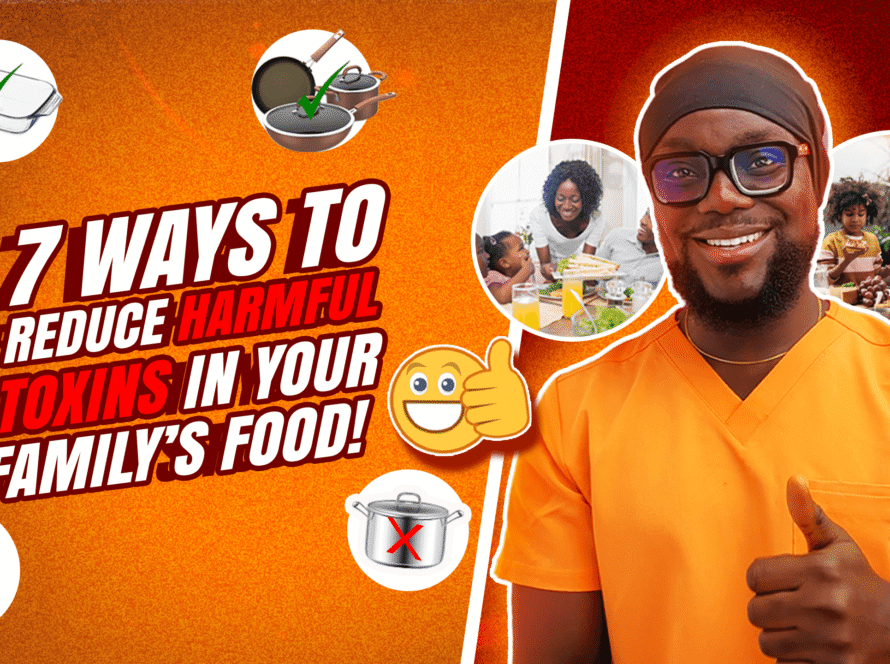Death is a heavy subject. Especially when it comes suddenly, with no warning, no buildup—just collapse, then silence. But while this may feel like a grim topic, it’s one we must confront head-on. Because when we understand the causes, we gain the power to act, prevent, and even save lives.
So, let’s talk about five common medical reasons why people suddenly slump and die.
1. Sudden Cardiac Arrest
This is the number one culprit behind sudden collapse and death—especially in adults.
What is it?
Sudden cardiac arrest (SCA) occurs when the heart suddenly stops beating properly. The rhythm becomes chaotic and erratic, and as a result, blood stops flowing to the brain and other vital organs.
Here’s the twist—it’s not always caused by a heart attack. While they’re often confused, a cardiac arrest and a heart attack are very different things (more on that shortly).
Who’s at risk?
- People with coronary artery disease
- Those with heart failure
- Conditions like cardiomyopathies (a thickened heart muscle)
- Inherited issues like Long QT Syndrome
SCA can hit without warning. Many people don’t even know they have a heart problem until it’s too late.
What can help?
- CPR (Cardiopulmonary Resuscitation) performed immediately
- Defibrillators (Yes, like in the movies—“Clear!”) can restart the heart if used quickly
- Regular heart checks if you have risk factors
2. Heart Attack (Myocardial Infarction)
Now, let’s draw the line between this and cardiac arrest.
Heart Attack = Blood flow issue
Cardiac Arrest = Electrical problem
A heart attack happens when an artery that supplies blood to the heart becomes blocked, usually by a clot. Without oxygen, parts of the heart muscle begin to die. This damage can then lead to cardiac arrest—but not always.
Symptoms include:
- Chest pain or pressure
- Nausea
- Sweating
- Shortness of breath
Note: In some cases—especially in diabetics or women—a heart attack can present silently or feel like indigestion.
Risk factors?
- High blood pressure
- High cholesterol
- Diabetes
- Smoking
- Family history of heart disease
Prevention tips:
- Know your numbers: blood pressure, cholesterol, blood sugar
- Eat healthy, stay active, and manage stress
- Never ignore chest pain
3. Pulmonary Embolism
Think of it like a traffic jam… in your lungs.
A pulmonary embolism occurs when a blood clot travels from another part of the body (often the legs) and lodges in the lungs, blocking blood flow. If the clot is large enough, it can lead to instant death.
Symptoms:
- Sudden shortness of breath
- Sharp chest pain (worse when breathing deeply)
- Fast heartbeat
- Feeling faint or dizzy
- Coughing up blood (in some cases)
Who’s at risk?
- People on long flights or bedridden patients
- Pregnant women
- Cancer patients
- People with clotting disorders
- Smokers
If you experience unexplained leg pain, swelling, or breathlessness, see a doctor immediately. Time matters.
4. Massive Stroke
Strokes can kill instantly, especially if they affect the brain stem—the part of the brain responsible for basic life functions like breathing, heartbeat, and consciousness.
There are two main types of stroke to watch for:
- Hemorrhagic Stroke—when a blood vessel bursts and bleeds into the brain
- Ischemic Stroke—when a blood vessel supplying the brain is blocked
Signs of a massive stroke:
- Sudden collapse or loss of consciousness
- Difficulty speaking
- Drooping on one side of the face
- Loss of movement or coordination
The biggest villain?
High blood pressure—especially when untreated or poorly managed.
Other risk factors:
- Smoking
- Alcohol abuse
- Uncontrolled diabetes
- Aneurysms (weakened, swollen blood vessels that can rupture)
If you or someone you know has high blood pressure, please take it seriously. Take your medication regularly, and never stop unless your doctor tells you to.
5. Aortic Dissection
This one’s rare—but deadly.
The aorta is the largest blood vessel in your body. If it suddenly tears, it can lead to massive internal bleeding and sudden death.
What does it feel like?
Survivors often describe the pain as:
- Sudden
- Severe
- Tearing or ripping
- Radiating to the back, neck, or abdomen
Who’s at risk?
- People with uncontrolled high blood pressure
- Those with connective tissue disorders like Marfan Syndrome
- Athletes or gym-goers who lift heavy weights without medical clearance
Yep—“ego lifting” (grabbing the heaviest weight at the gym to show off) can be fatal if you have an undiagnosed condition. So always start small, get a trainer, and consult a doctor if you’ve got underlying health issues.
What to do?
This is a true medical emergency. Whether you suspect a heart attack or an aortic dissection, don’t wait. Call emergency services or rush to the hospital immediately.
In Conclusion
These five causes—
- Sudden Cardiac Arrest
- Heart Attack
- Pulmonary Embolism
- Massive Stroke
- Aortic Dissection
—are the “Evil Five” that can cause sudden, unexpected death.
Are they scary? Yes.
Are they preventable? In many cases, absolutely.
In fact, up to 80% of stroke cases are preventable. That means if five people were to have a stroke, four of them didn’t have to.
So let’s start being proactive:
- Check your blood pressure
- Move your body
- Eat clean
- Reduce stress
- Know your family history
- See a doctor for regular health checkups.
Because knowledge isn’t just power—it’s survival.


1 Comment
Darrin
Nice share!